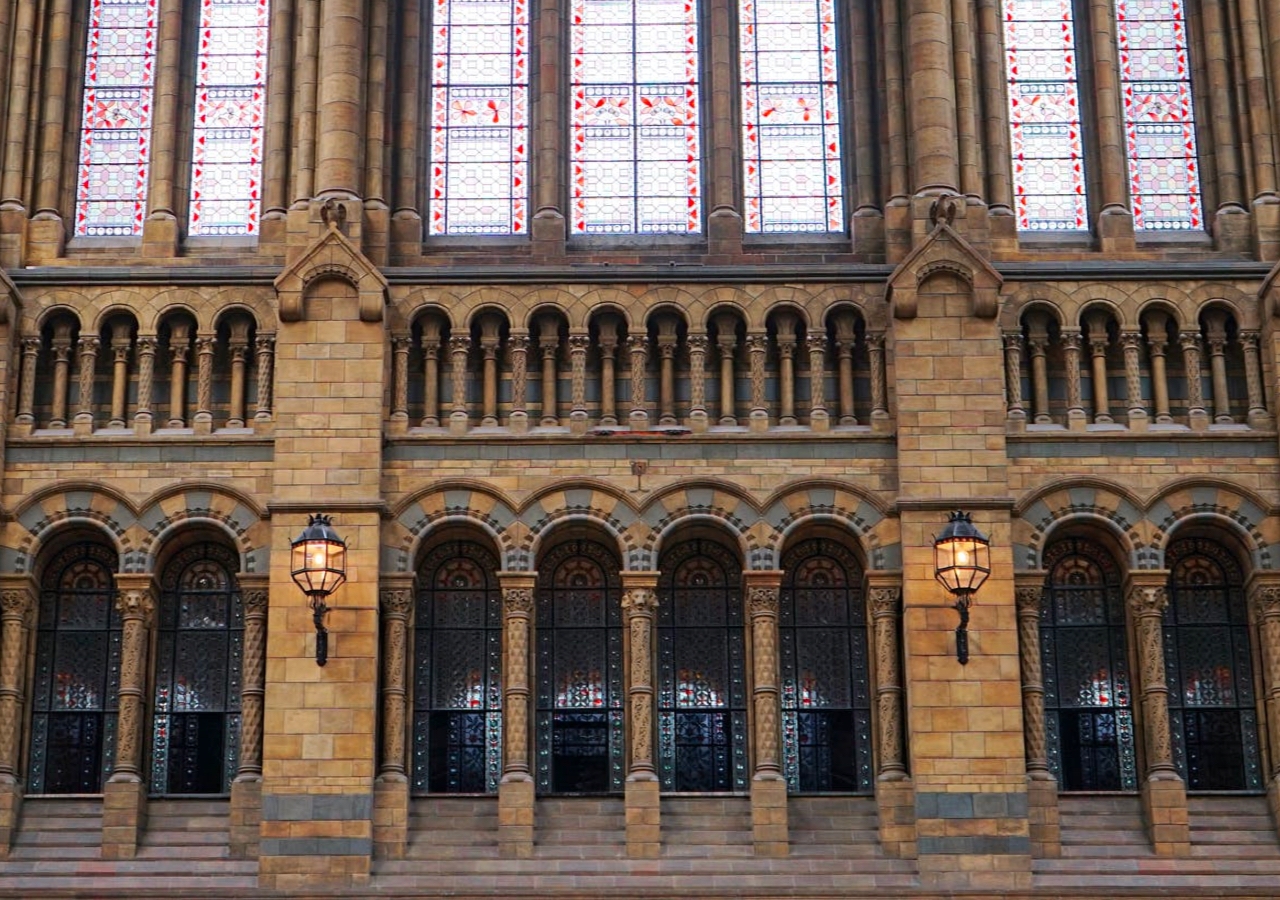Earlier this year, museums, art galleries, performing arts venues, and even places of worship were forced to close their doors in the wake of the coronavirus pandemic. Encouragingly however, many institutions came together to collaborate and form partnerships to reach existing audiences and bring in new audiences with a host of online galleries and exhibitions.
So how are artistic and cultural organisations adapting to a “new normal”? This was the subject of The Covid Culture Shock, an event hosted by the Ismaili Centre, London in conjunction with the Exhibition Road Cultural Group, a partnership of leading artistic, cultural, and educational institutions — located in London’s cultural quarter in South Kensington — of which the Ismaili Centre, London is a founding member.
Panellists came together to share how artistic and cultural organisations are looking ahead and redefining strategies and approaches in light of Covid-19. The group was joined by Lord Vaizey of Didcot who served as Minister for Culture, Communications and Creative Industries from 2010 to 2016 and moderated a very insightful and informative discussion.
Collaboration was high up on the agenda; President of the Ismaili Council for the UK Naushad Jivraj began the event by noting that “the Ismaili Centre, London has been proud to contribute to the South Kensington cultural quarter over the years through its active participation in various Exhibition Road Cultural Group events,” citing events such as the Seeing Through Babel and Spirit and Life exhibitions as well as Open Gardens and Open House London. Tim Reeve from the Victoria and Albert Museum recounted how the museum agreed to lend artefacts to China for an exhibition: Under normal circumstances, a team would have flown to China to deliver the artefacts personally. In these times however, they had to change how they work with partners which has unveiled talents and expertise. Tim noted that “in a crisis, you realise partnerships are there to be revealed.”
Most of the institutions had some digital content as part of their offering before the pandemic, however with the sudden onset of Covid-19, most, if not all, had to generate a lot of online content very quickly. Dr Katharina von Ruckteschell-Katte from Goethe-Institut London spoke of the challenge of finding a position in a marketplace that was already crowded with digital content. However, she noted the positive aspect of being able to work without borders, thus reaching new audiences without dealing with geographic limitations.
Ali Khanbhai, UK Ismaili Council Member for External Relations, concurred, particularly given our wide network of AKDN agencies and sister institutions like the Aga Khan Museum. The Ismaili community launched Ismaili CIVIC in the UK earlier this year to support vulnerable members of the wider communities in which we live. Art is an integral part of a recent Ismaili CIVIC project entitled “Smile Through Art”; during the pandemic, members of the Jamat created over 800 pieces of unique artwork which was distributed to 28 national care home partners around the country. As Ali said, “the level of engagement that we got was incredible.” The Natural History Museum partnered with a local charity called NOVA which helps people from diverse backgrounds. They invited different groups of people to come into the museum, who would not have otherwise had an opportunity to visit the various exhibitions and galleries.
Climate change was also a significant topic of conversation. As organisations strive to “build back better,” most are considering ways to do so sustainably and with care for the environment. This is no easy task for listed buildings such as the Natural History Museum but they, along with many other organisations, have committed to net zero carbon emissions targets. The environment is also of great importance to AKDN; one of the founding partners of the Earthshot Prize; an initiative unveiled in October 2020 by The Royal Foundation of The Duke and Duchess of Cambridge. The project is designed to incentivise change and help to repair the planet over the next 10 years.
Looking forward, most organisations agreed that institutions need to implement content that is tailored for their new, online audiences, as well as the local visitors who enjoy attending museums and galleries in person. Last year, the Natural History Museum welcomed 70 percent of their visitors from the local area and it is hoped that this trend will continue once the pandemic has passed.
The pandemic has undoubtedly changed our lives forever, however, it has also opened doors, created new opportunities and enabled us to use art and culture to unite with each other under shared values. As Mawlana Hazar Imam said at the UNESCO conference in China in 2013, “the case is proven in my mind that cultural development can contribute, in unique and distinctive ways, to the human aspiration for a better quality of life.”
--
The Covid Culture Shock will replay on The Ismaili TV today, 16 December. Please check the TV guide for listings in your timezone.








